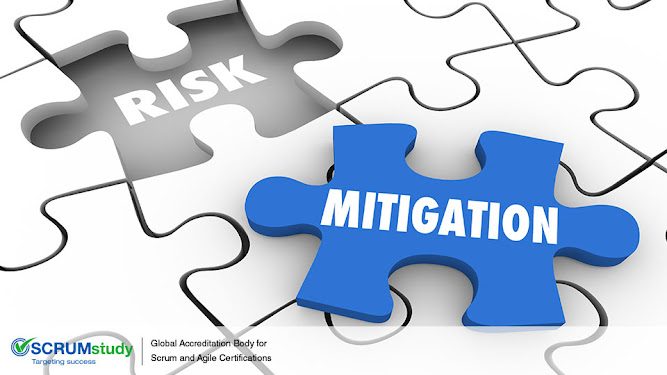A Day in the Life of a Scrum Product Owner
The role of a Scrum Product Owner (PO) is dynamic and multifaceted, requiring a balance of strategic vision, collaboration, and adaptability. As the custodian of the product vision and the primary liaison between stakeholders and the Scrum team, a Product Owner’s day is filled with activities that ensure the team delivers maximum value. Here’s an inside look at a typical day in the life of a Scrum Product Owner.
Morning: Setting the Stage for Success
Reviewing Priorities
The day begins with reviewing the Product Backlog. The Product Owner assesses the priority of items, ensuring that the list reflects the most critical tasks aligned with business goals. Adjustments may be made based on new inputs or shifting market conditions.
Daily Scrum Participation
The Product Owner attends the Daily Standup (or Daily Scrum) to stay informed about the team’s progress. While they don’t lead the meeting, their presence ensures alignment and allows them to address questions or clarify requirements.
Stakeholder Communication
Morning hours often involve calls or meetings with stakeholders. The Product Owner gathers feedback, communicates progress, and discusses any changes in the business environment that might impact the product.
Midday: Driving Collaboration and Execution
Refining the Backlog
Midday is dedicated to backlog refinement sessions. The Product Owner collaborates with the team to break down large epics into manageable user stories, clarify acceptance criteria, and prioritize tasks based on value and dependencies.
Cross-Team Coordination
For larger projects involving multiple Scrum teams, the Product Owner participates in synchronization meetings, such as a Scrum of Scrums, to ensure inter-team dependencies are managed and the overall product vision remains cohesive.
Roadmap and Vision Alignment
The Product Owner updates the product roadmap to reflect long-term goals and milestones. This roadmap acts as a guiding document for both the team and stakeholders, ensuring everyone stays aligned on the product’s trajectory.
Afternoon: Engaging with the Team and Analyzing Data
Sprint Planning Preparation
If an upcoming Sprint Planning session is on the horizon, the Product Owner reviews the backlog to ensure the top-priority items are ready. They work with the Scrum Master to confirm that the team has everything needed for a productive planning session.
Analyzing Metrics
The Product Owner reviews product performance metrics, user feedback, and market trends. This data informs future prioritization and helps the PO advocate for changes that maximize value.
User Story Validation
In collaboration with the team, the Product Owner validates completed user stories against their acceptance criteria. This ensures that deliverables meet the expected standards before they are presented in the Sprint Review.
Evening: Wrapping Up and Planning Ahead
Reflecting on the Day
As the day winds down, the Product Owner reviews progress and updates any documentation or action items that arose during the day.
Preparing for Tomorrow
The Product Owner ensures they are ready for the next day’s meetings or discussions, particularly if they involve stakeholder updates or critical team activities.
The Challenges and Rewards
The life of a Scrum Product Owner is fast-paced and requires a constant balancing act. They must juggle competing priorities, align diverse stakeholders, and make quick decisions while maintaining a clear focus on delivering value.
Despite the challenges, the role is deeply rewarding. Product Owners have a direct impact on creating products that delight users and drive business success. Their work is at the heart of Agile’s promise: delivering high-value, high-quality products responsively and iteratively.
Conclusion
A day in the life of a Scrum Product Owner is a testament to the importance of collaboration, strategic thinking, and adaptability. By managing priorities, engaging with stakeholders, and supporting their team, Product Owners play a pivotal role in transforming a product vision into reality. For those who thrive in dynamic environments and enjoy solving complex problems, this role offers both challenges and immense satisfaction.
GET MORE FROM SCRUMstudy
Join SCRUMstudy™ LinkedIn Group




Comments
Post a Comment